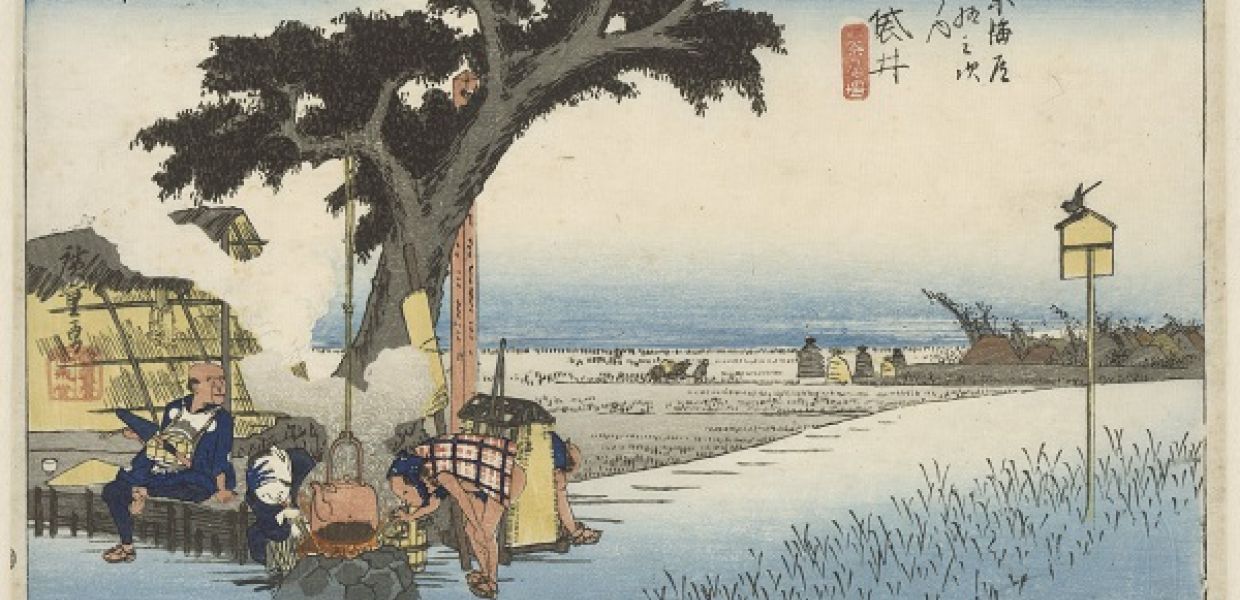Cultural heritage institutions are the guardians of the public domain

On 4 July, Scottish-American law scholar James Boyle called on cultural heritage institutions to focus on providing everyone with as broad as possible access to public domain material. Boyle is the director of the Center for the study of the Public Domain at Duke Law school and author of The Public Domain. In his lecture he explains that ‘this is worthwhile not merely because it is the right thing to do’ but also because it ‘will yield all kinds of benefits which are very hard for us to see right now’.
As custodians of our shared cultural heritage, institutions serve one of the most noble causes there is and he called on them to preach their principles louder. For Boyle, this is not only important to ensure that cultural heritage does not gets locked away by the unintended consequences of of copyright laws that were not designed for the cultural heritage 2.0, but also in order to more forcefully make the case for more funding from public and private sources. Boyle’s full lecture, and the debate that followed can now be seen online.
This lecture was followed by a reaction by Marjan Hammersma from the Dutch Ministry of Education Culture and Science, and a question & answer session with Boyle and Hammersma.
The event was hosted by Kennisland and the Rijksmuseum in collaboration with Europeana and the Institute for Information Law.
This article was written as part of Europeana’s #PublicDomainMonth - a month dedicated to sharing knowledge, best practices and events all related to the Public Domain. You can read and share the full Public Domain Charter. You can also get involved by following #PublicDomainMonth and @EuropeanaIPR on Twitter.
